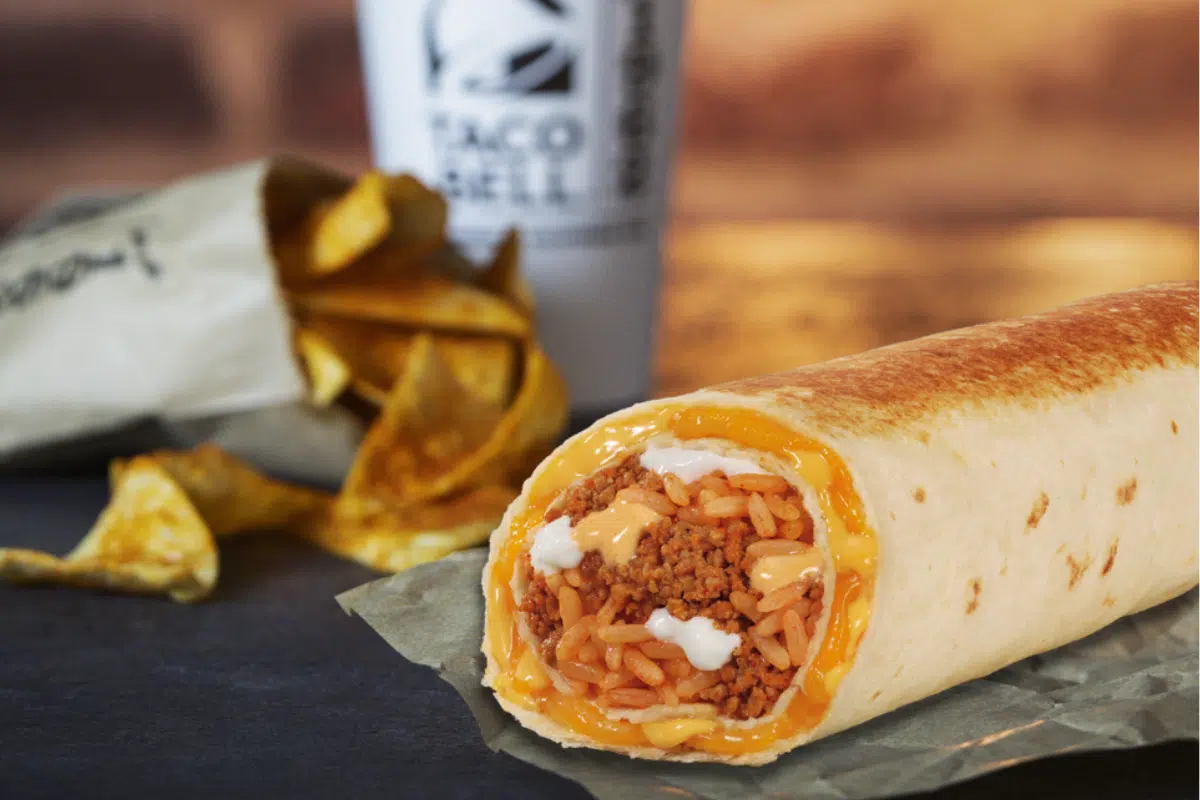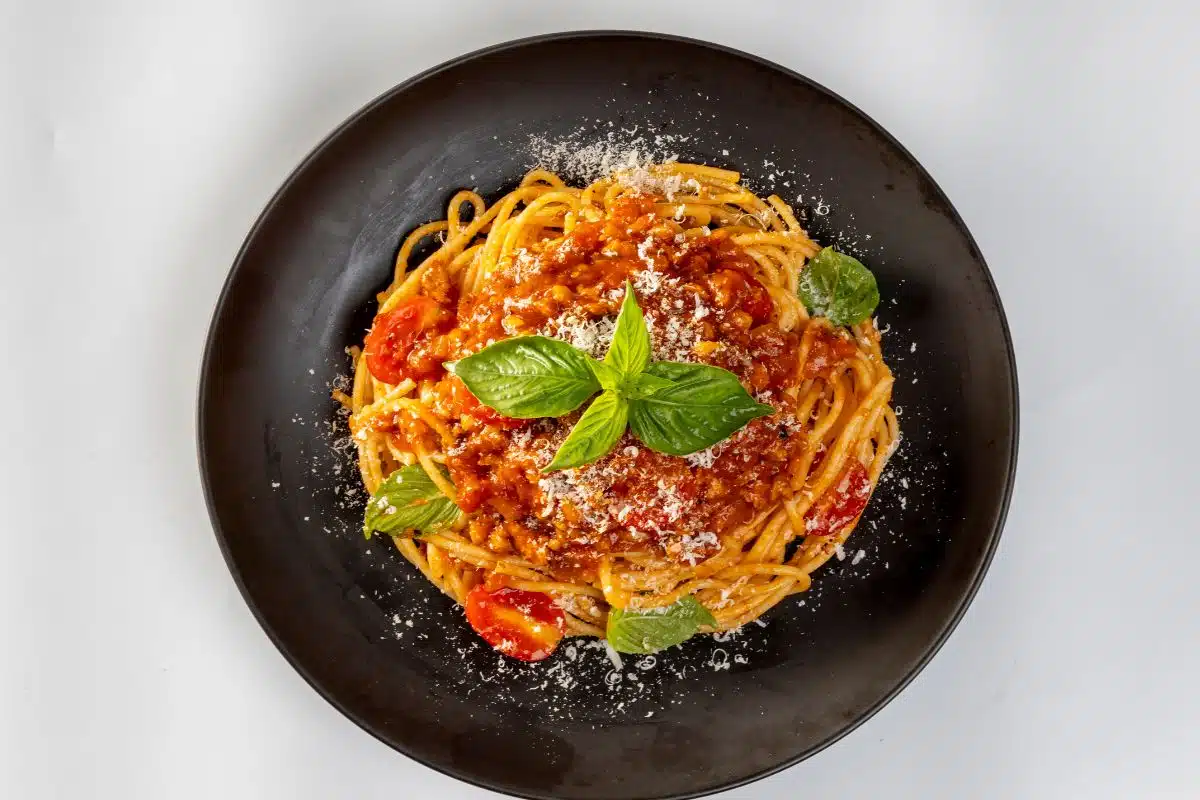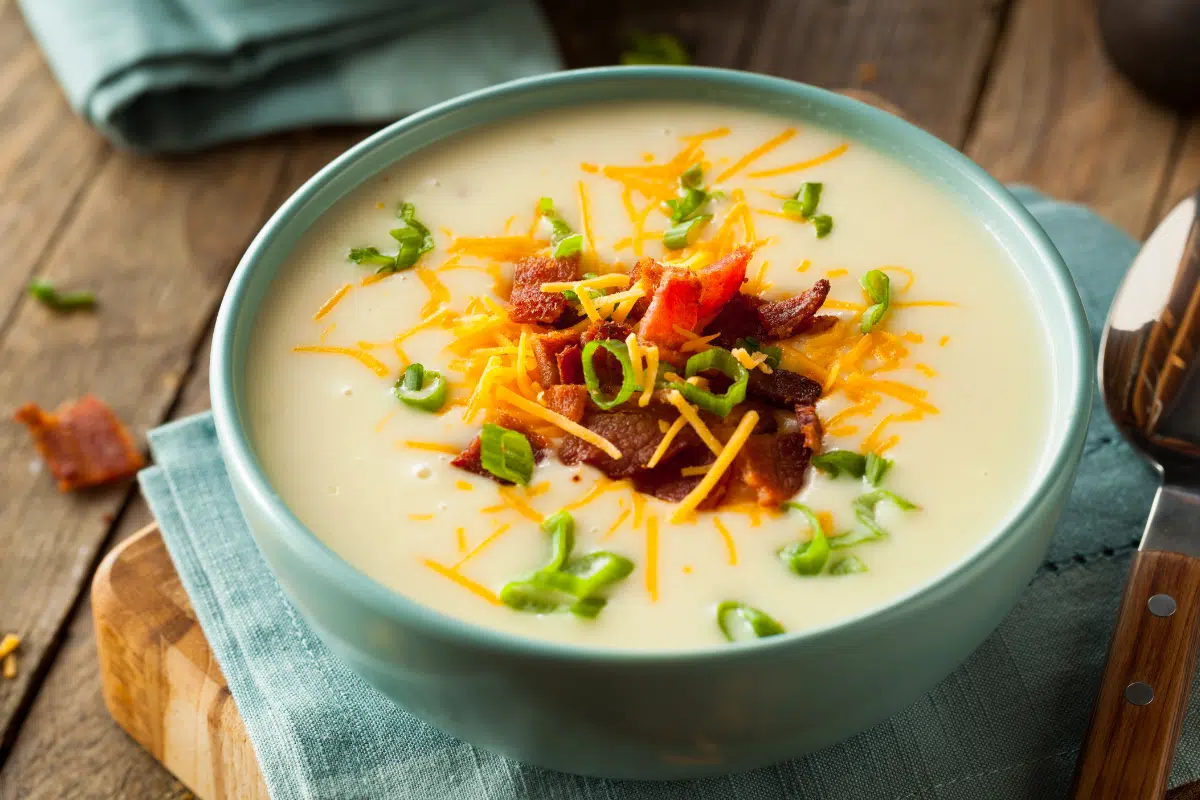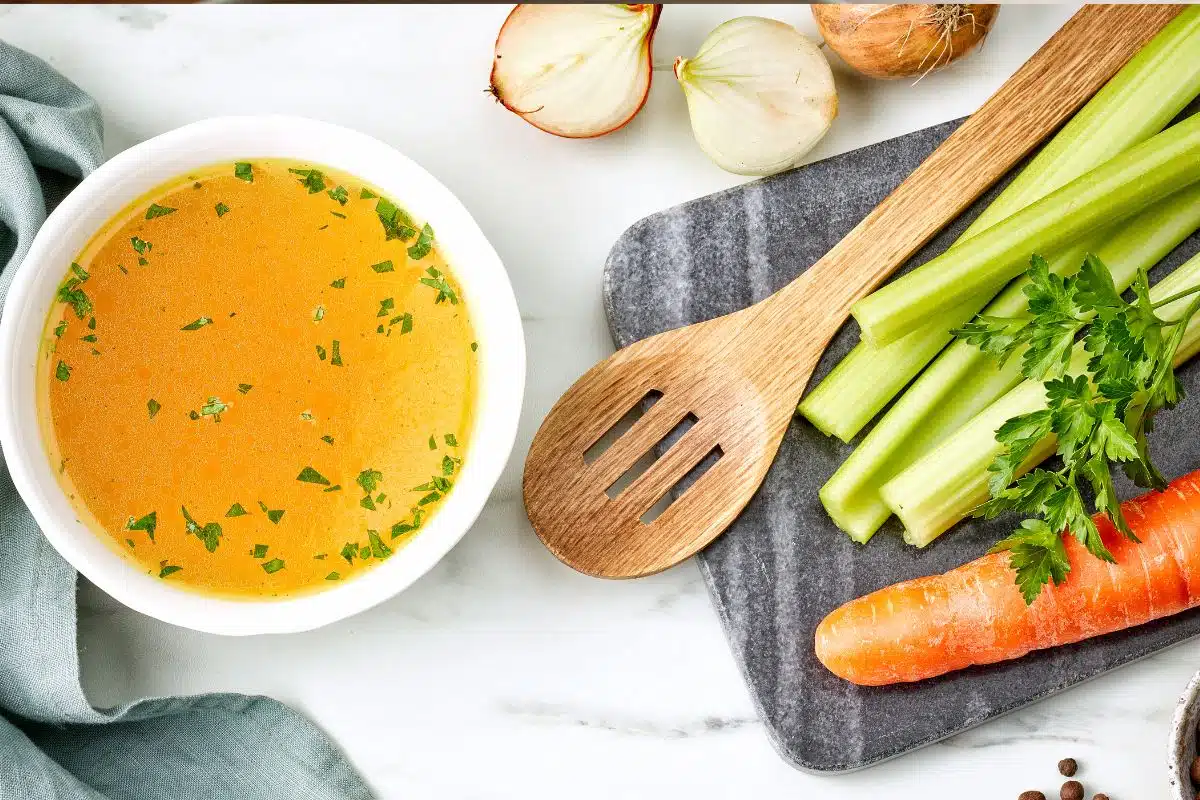According to Experts, Do Not Store These 8 Foods in Plastic Containers
Plastic containers are convenient, but they aren’t always the safest option for storing every type of food. Heat, acidity, and oils can cause plastics to break down or transfer unwanted chemicals into what you’re eating. According to food safety experts, these eight foods are better off in glass, stainless steel, or ceramic.
Tomato Sauce and Other Acidic Foods
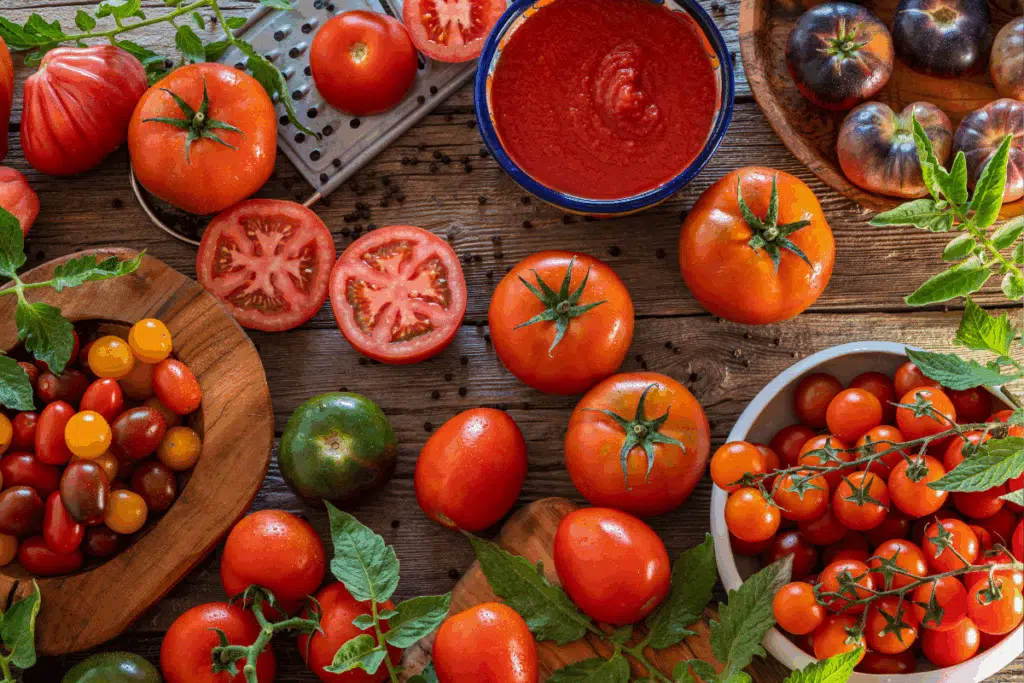
Acidic foods like tomato sauce, citrus dishes, and vinegar-based salads can cause plastic to degrade over time. This may lead to staining, lingering odors, and chemical leaching. Glass jars and glass storage containers are a safer long-term option.
Hot Soups and Stews
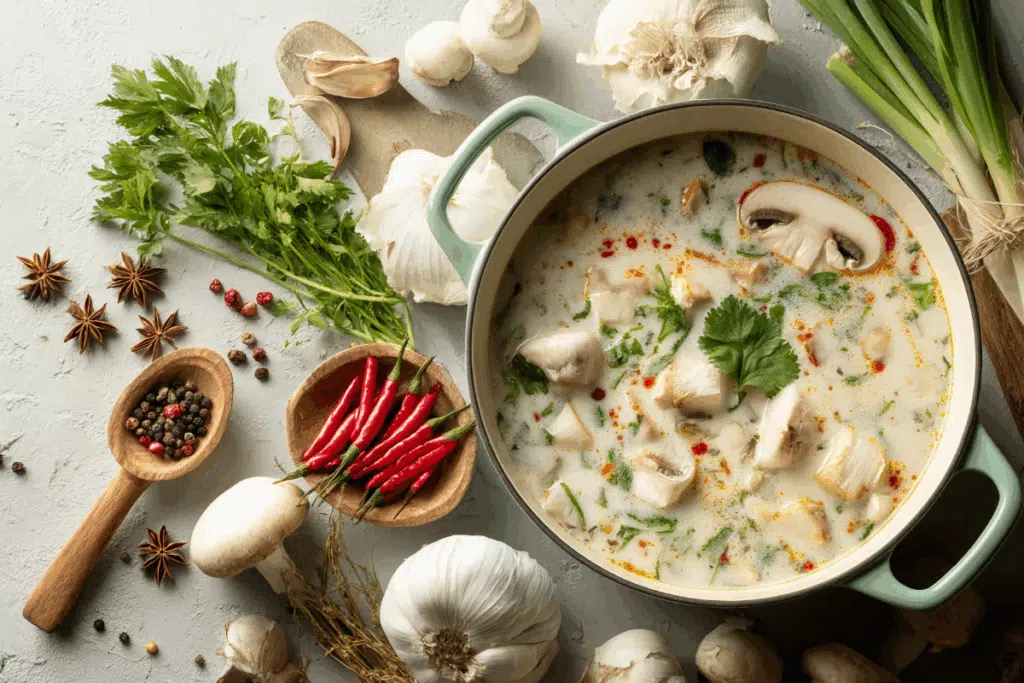
Pouring hot liquids into plastic can warp the container or cause chemicals to leach. Allow soups to cool first—or better yet, store them directly in glass or heatproof containers to maintain flavor and safety.
Greasy or Oily Foods
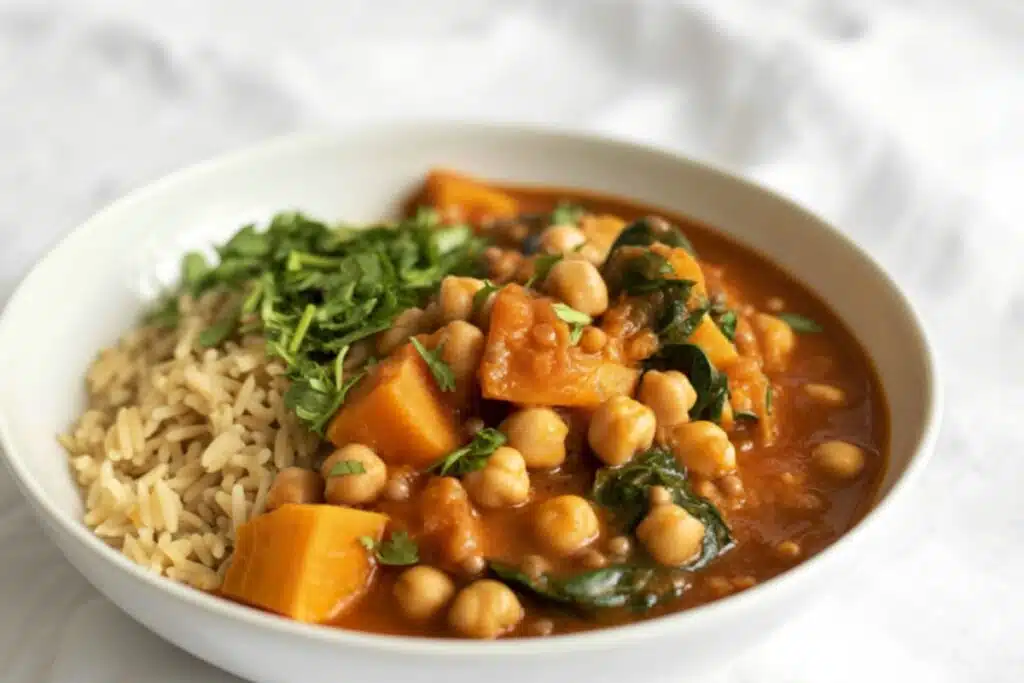
Foods high in fat—like curries, pasta with oil, or buttery dishes—cling to plastic and can cause it to break down faster. Oils attract and retain odors too, making plastic containers harder to clean.
Leftover Takeout with Strong Spices
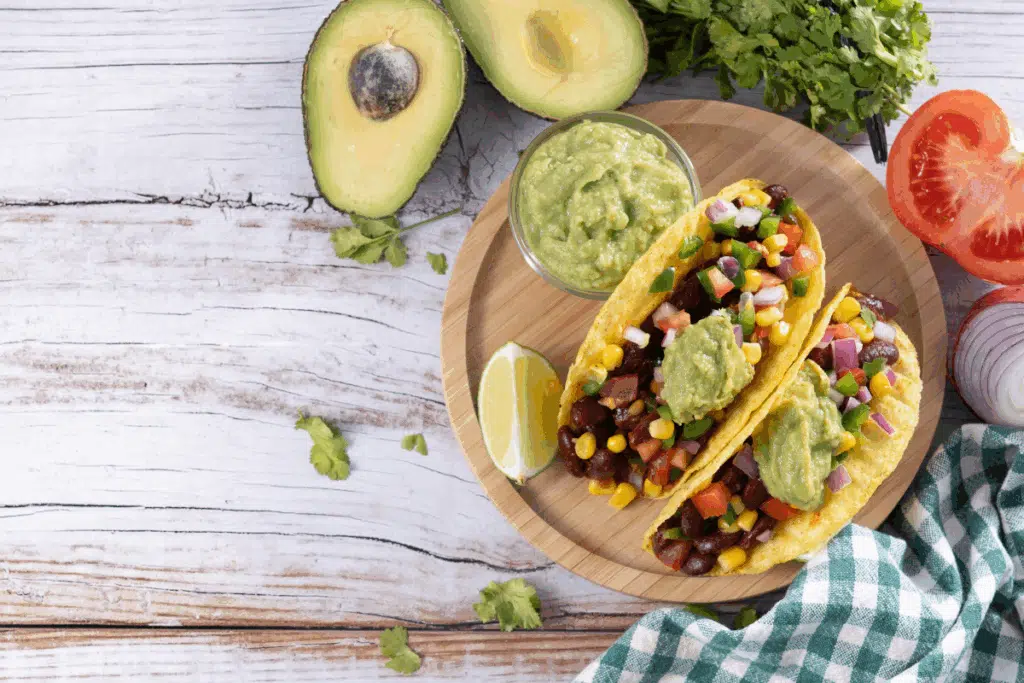
Spiced dishes such as Indian, Thai, or Mexican takeout can stain and scent plastic permanently. Turmeric, cumin, and chili oils are notorious for leaving yellow stains and lingering smells that never wash out.
Fresh Herbs
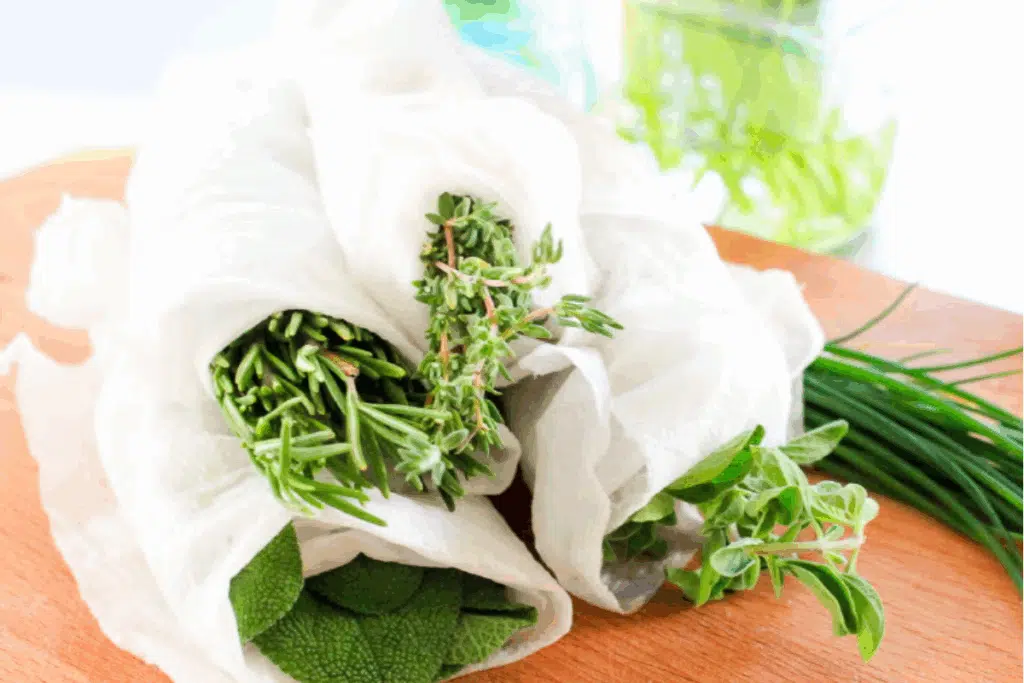
Herbs like basil, cilantro, and parsley wilt faster in plastic because of poor airflow and trapped moisture. Storing them in a glass jar with a bit of water—or wrapped in a slightly damp paper towel inside a reusable silicone bag—keeps them fresher for longer.
Cheeses
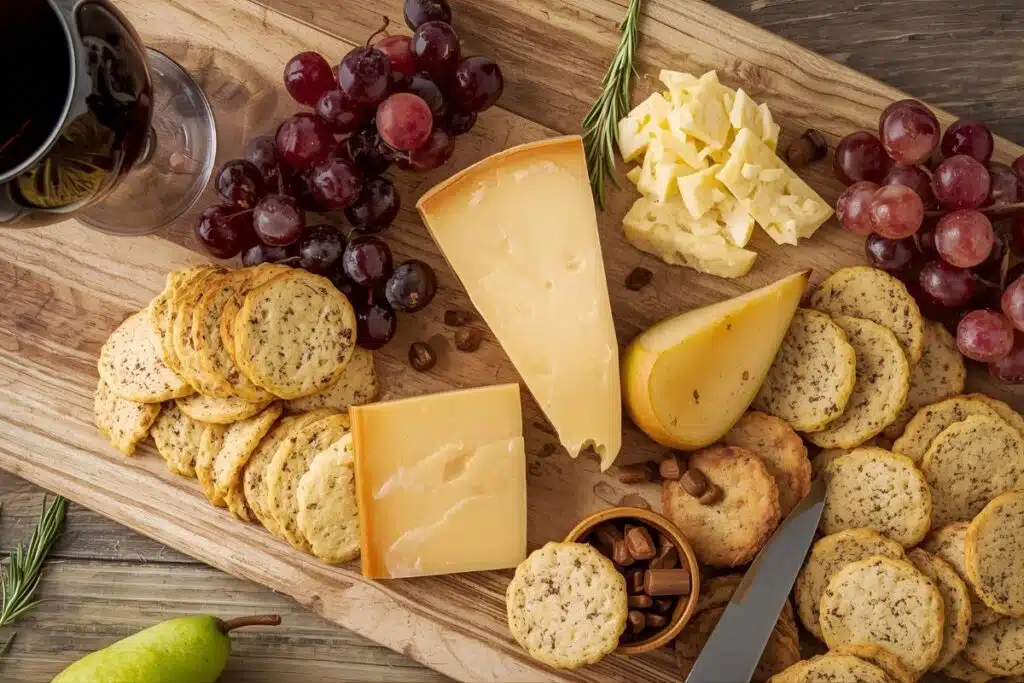
Plastic suffocates cheese, trapping moisture and speeding spoilage. Hard and soft cheeses both last longer when wrapped in parchment or stored in breathable containers instead of sealed plastic tubs.
Fermented Foods
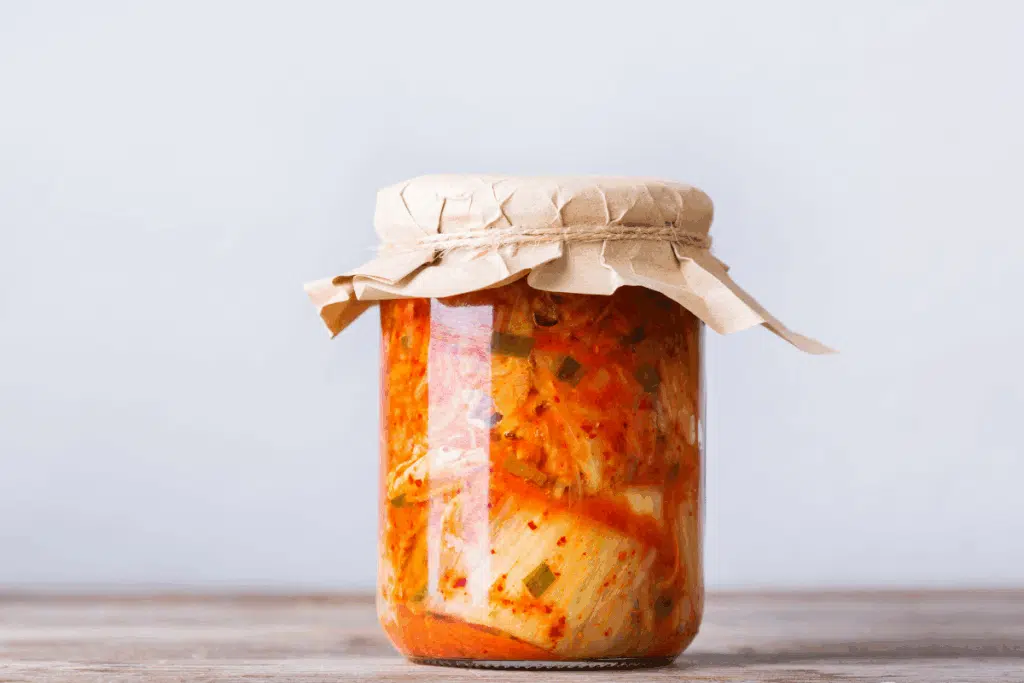
Kimchi, sauerkraut, and other fermented foods continue to release gases. In plastic containers, this can cause swelling, cracking, and even bursting. Glass jars with loose-fitting lids are the preferred choice.
Leftovers You Plan to Reheat
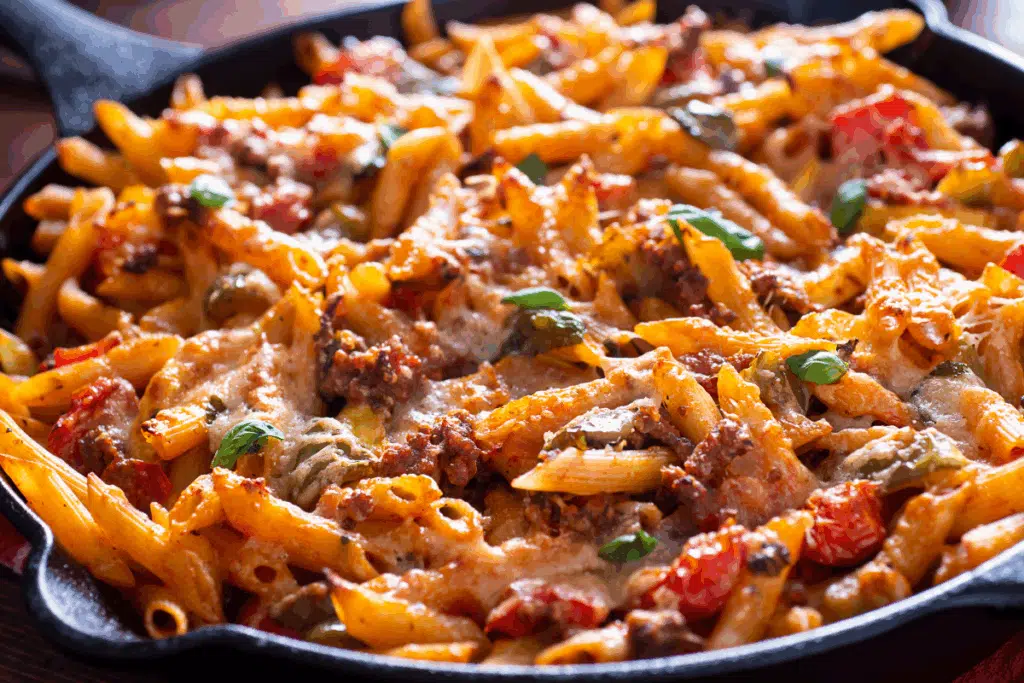
Microwaving plastic—even if labeled “microwave-safe”—can lead to melting, warping, and chemical transfer into foods. Store leftovers in glass if you know you’ll be reheating them later.
This post may contain affiliate links or sponsored content. Disclosure Policy

